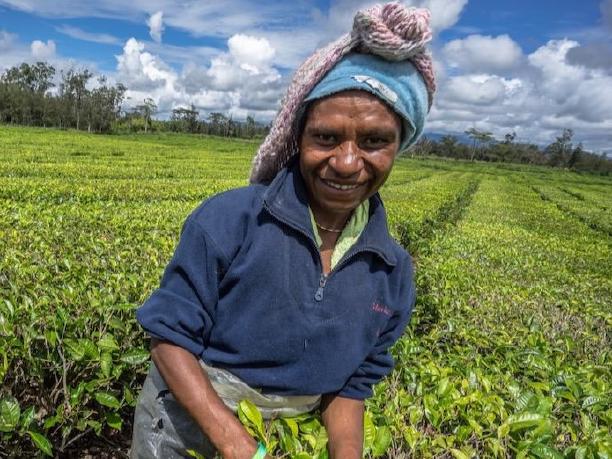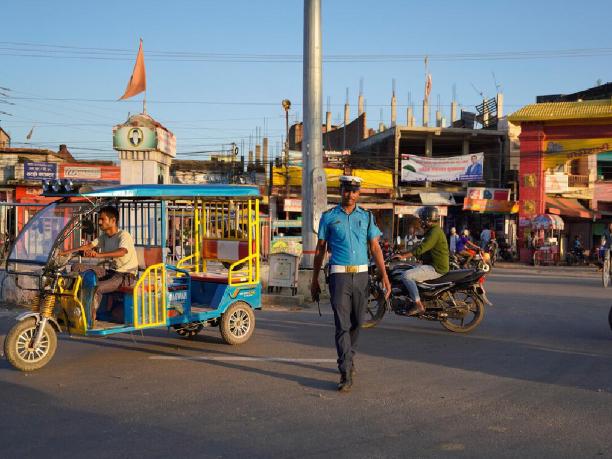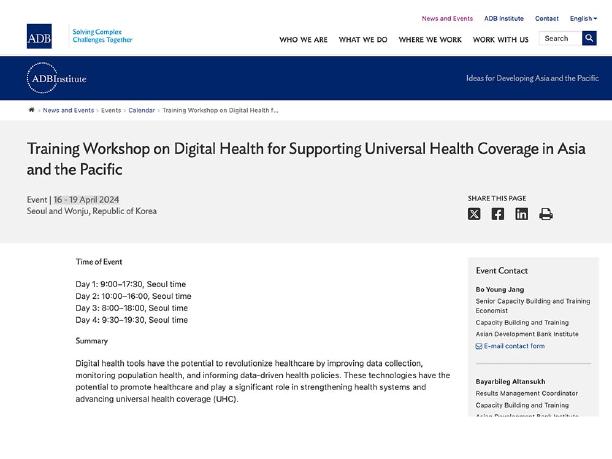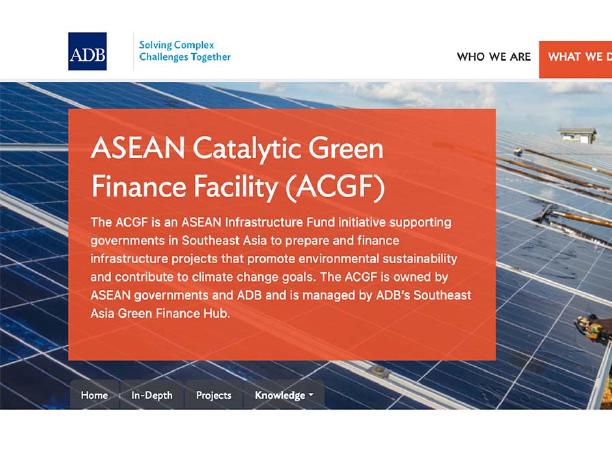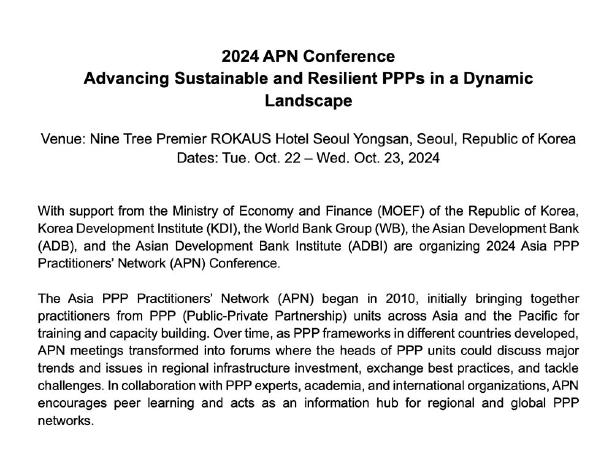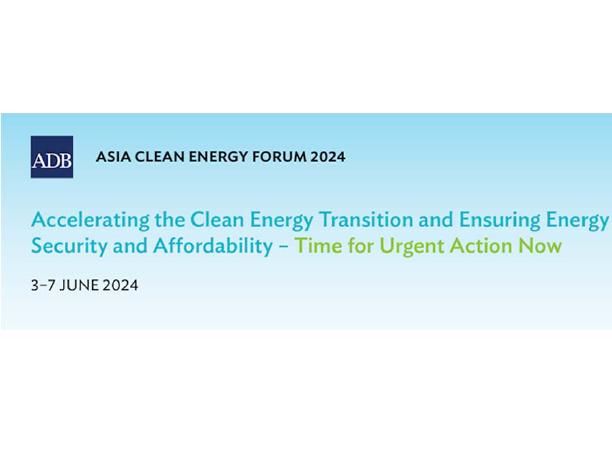
Asia Clean Energy Forum 2024
ADB, in partnership with the United States Agency for International Development and the Korea Energy Agency, welcomed clean energy practitioners from across the region to the 19th edition of the Asia Clean Energy Forum 2024, held in Manila from 3 to 7 June 2024.



